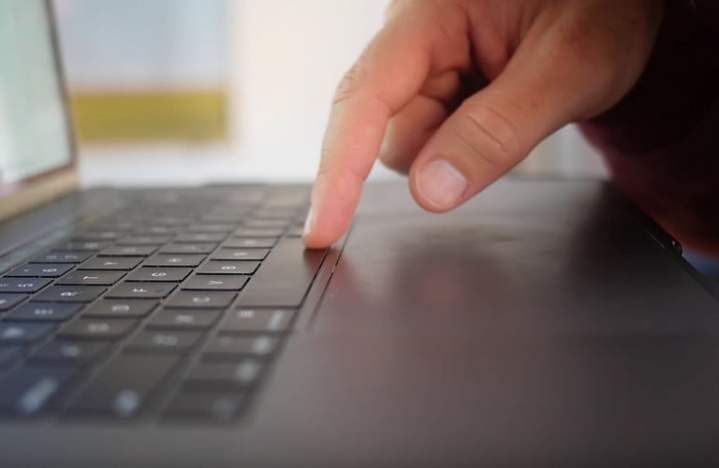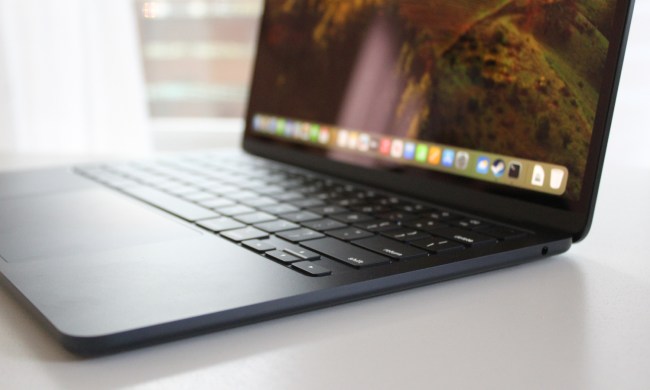After having refreshed its iPad and announced a slew of new iPhone 12 models in recent months, Apple is back again today, November 10. The company sent out a save-the-date invitation last week with a cryptic “One more thing” message, and though Apple has not disclosed what will be announced, analysts and industry insiders are clear: New Macs will make their debut.
Unlike Apple events in prior years, the Cupertino, California Mac-maker will likely continue to debut and showcase its latest products using a livestream. Apple fans worldwide will be able to tune in live on November 10 to see Apple give its Mac computers a live brain transplant, as the transition from Intel processors to Apple silicon will make its debut on commercial computers.
How to watch Apple’s event

Apple’s event is scheduled to commence at 10 a.m. PT on Tuesday, with the company livestreaming its announcement from its Apple Park campus. Apple has created a placeholder on its special events page on its website, and fans can visit the site from a PC, Mac, or mobile phone to watch the stream on launch day. Additionally, the YouTube live stream from Apple’s channel is also embedded above.
If you own an Apple TV, you can also watch the livestream through the TV app on your set-top box.
And if you can’t watch live, be sure to visit Digital Trends for all the latest news and coverage, as we’ll have all the updates for you from our live blog. Apple will also make a video of the event available to view after the event if you’re not able to tune in when the presentation starts.
What to expect

Apple being Apple, the company has been cryptic about what to expect at this special event, but industry observers believe that the first consumer Macs with Apple’s custom ARM-based silicon will make their debut. And even though Apple had seeded developers with Mac Mini desktops running Apple silicon following the announcement at WWDC earlier this year, we believe that the first consumer Macs running these new chipsets will be Apple’s portable MacBook line rather than desktop computers.
Apple is expected to debut new MacBooks running on the A14 chipsets that debuted on the latest iPhone and iPad Air models. The new processors will come with integrated Apple-designed GPUs alongside machine learning cores.
Prior to the announcement, famed Apple analyst Ming-Chi Kuo had speculated that a 13.3-inch MacBook Pro or a MacBook Air will be among the first products to debut with this custom processor later this year. In 2021, we may see a big redesign, with 14-inch and 16-inch MacBook Pro models running Apple’s custom chipset.
More recently, Bloomberg reported that we will see up to three MacBook models running Apple’s silicon, though none of this has been confirmed. These include the 13- and 16-inch MacBook Pro models and a new 13-inch MacBook Air. The two 13-inch MacBook models are expected to be announced on stage, and it’s uncertain if the 16-inch Pro is far enough along in its development to make it to today’s keynote. The two smaller models are said to be manufactured by Foxconn, with Quanta Computer handling manufacturing for the 16-inch model.
Though the laptops are expected with new silicon inside, don’t expect any design changes. Early reports indicate that Apple will largely use the slim unibody design on its current lineup. With the efficiency of ARM-based processors, these same designs can bring much longer battery life than the current Intel models. And with Apple showing older software can be emulated to run on ARM processors without any slowdowns, you can expect the same great, fast experience running all your software on new Apple silicon Macs.
In addition to the MacBook models, Apple is also said to be working on a new iMac and smaller Mac Pro models with its new Apple silicon for a future release.


